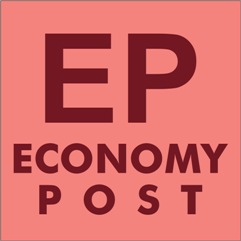Virendra Singh Rawat / Lucknow
The Indian Institute of Technology (IIT), Kanpur has partnered with private sector Yes Bank to promote indigenous technology and tech-enabled startups.
The Startup Incubation and Innovation Centre (SIIC), IIT Kanpur has signed a memorandum of understanding (MoU) with Yes Bank to nurture a holistic startup ecosystem in India. They will work together to identify innovative startups and extend them financial support.
“The program intends to facilitate the rapid growth of the startups, by empowering them with significant financial and infrastructural assistance. This is part of the many initiatives by IIT Kanpur to ensure the professional success of our students and to assist in the nation-building process,” IIT Kanpur director Prof Abhay Karandikar said.
The tie-up will provide the startups access to a slew of resources under Yes Bank’s startup-focused program ‘YES Head-Startup’, a full-service banking proposition for tech startups.
“The collaborative effort holds the potential for significant societal impact by generating employment opportunities, fostering economic growth, and driving technological advancements that can positively influence various sectors of the Indian economy,” SIIC, professor in-charge Ankush Sharma said.
“Yes Bank aims to create value for the Indian startups through our ‘curated’ banking products and solutions, provide them access to our digital infrastructure fueling innovation and partner in their growth,” Yes Bank, Country Head – Branch Banking and Affluent Banking,
Dheeraj Sanghi, said.
SIIC, IIT Kanpur, is one of the oldest incubators in the country. It was established in 2000 when India’s entrepreneurial ecosystem was still at a nascent stage. The multifaceted incubation ecosystem prospers to fill the gaps on the road to converting an idea into a successful and meaningful business model.
Podcast: India’s Annual Budget 2023-24
The domain expertise combined with the infrastructural prowess of the academic institute has collectively demonstrated a knack for tremendous social impact and technological advancement over the years, according to the IIT Kanpur.

